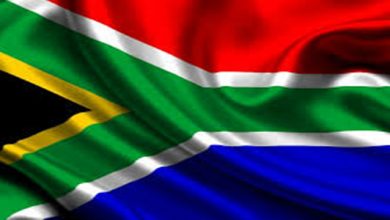Religion

Though Bali is multi-religious, consisting of Christian, Muslim and Buddhist minorities, the predominant religion is Hinduism.
Balinese Hinduism, called Agama Hindu Dharma, originated from Java and is a blend of Shivaism and Buddhism. The theological foundation for the religion comes from Indian philosophy while indigenous beliefs form the backbone of the rituals. This blending is perfectly acceptable in Bali as the saying goes “The truth is one; the interpretation, multiple.”
In Balinese Hinduism, the indigenous beliefs manifest in the belief that nature is “power” and each element is subject to influence from spirits. Ancestor worship is also a part of the beliefs. Spirits and ancestors are treated with respect, and they are housed in a shrine and feted with offerings made from agricultural products.
Religion in Bali varies according to three principles: desa (place), kala (time) and patra (circumstances). Hinduism acknowledges five pillars of faith. They are belief in the one Supreme God (Brahaman of Sang Hyang Widdhi Wasa); belief in the soul as the universal principle of life and consciousness (atma); belief in the fruition of one’s deeds (karma phala); belief in the process of birth and death (samsara); and belief in ultimate release (moksa).
One of the consequences of the principles of karma and samsara is the existence of the caste system where an individual inherits his status as a result of his or her past life. The four castes in Bali are the brahmana, who deal with religion and the holy texts; the satria or rulers; the wesia or merchants and the sudras, the lower class.
God has a variety of names. Being multiple and all pervading, he is the Ultimate Void or Sunya expanding in an infinity of murti of manifestations from which people select one as lstadewata or a personal god. Some of the names are indigenous; Sang Hyang Embang, and others of Indian Origin, Sang Hyang Parama Kawi. Ultimately however, all gods are seen as emanating from a single source.
The principle gods are Brahma, the God of Creation; Wisnu, the God of Providence; and Siwa, the God of Dissolution. These three move the world through an unending process of birth, balance and destruction. Man, a microcosm of the world, is subjected to the same process until he or she achieves moksa, blending into the Cosmos and God. The cosmos and it movement is symbolized by the swastika.
Man should endeavor to maintain the harmony of the whole system, hence the role of ritual. Only by adhering to the proper rules of behavior can the proper balance be kept between the two sets of godly and demonic forces. Balinese religion is known to the world through the richness of its rituals. Gods and demons seem to be every where and the life of the Balinese is therefore replete with rituals.



